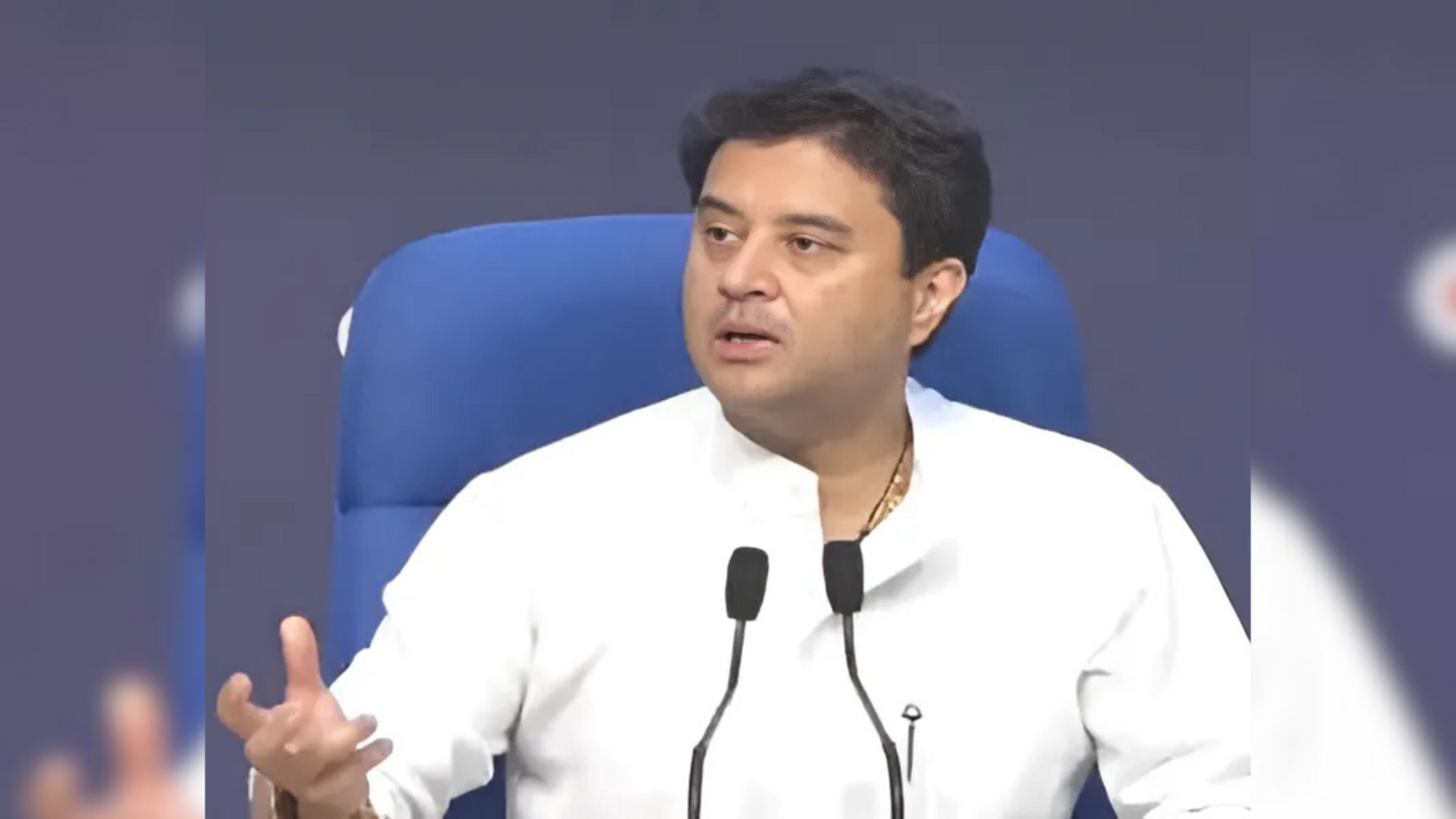Despite the prevailing global tariff environment, India is poised to maintain a strong competitive advantage, thanks to its expansive domestic market, scale efficiencies, and emphasis on innovation, according to Union Minister Jyotiraditya Scindia. Speaking in a recent interview with PTI, Scindia — who currently serves as the Minister for Communications and the Minister for Development of the North Eastern Region (DoNER) — emphasized that when evaluated against a comparative tariff matrix with other nations, India's positioning remains favorable.
Highlighting India's economic strength, Scindia pointed out that the country's vast and lucrative domestic market continues to attract multinational companies seeking to establish and expand their presence here. He attributed India's competitiveness to the combination of scale and innovation, both crucial in catering to a market of such magnitude.
"I firmly believe that regardless of the global tariff dynamics, India will stay competitive. The economies of scale we command, coupled with our innovation drive, enable us to meet the demands of a large and diverse market. Even when compared to other nations, India’s competitive edge will persist," Scindia stated.
When asked about the impact of the U.S. tariff scenario, Scindia underscored the importance of analyzing tariffs through a comparative matrix lens.
"If you're competing with a country whose tariff burden has now doubled compared to yours, the shift immediately alters competitiveness in your favor. Where India may have once been less competitive, the situation now reverses. It’s critical to look at tariffs not just from an India-centric angle but through a comparative global perspective," he explained.
Expressing optimism, Scindia said that in several sectors and product categories, India would emerge "fiercely and much more competitive" than it was before the latest tariff adjustments.
He further praised the transformative strides India has made — both in infrastructure development and as a growing export powerhouse. Calling it a "monumental change," he reflected on India's rise in the global economic landscape.
"Today, India stands proud. We're on track to become the third-largest economy by 2028, moving from our current USD 4 trillion economy to USD 5 trillion by 2028, and nearing USD 6 trillion by 2030," Scindia said.
Citing an example from the mobile manufacturing sector, he noted that India, once heavily reliant on mobile imports and producing only about 5 crore units, now manufactures over 35 to 40 crore mobile phones annually.
"Our mobile exports alone have crossed ₹1,75,000 crore," he added, underscoring India's impressive manufacturing and export growth trajectory.
